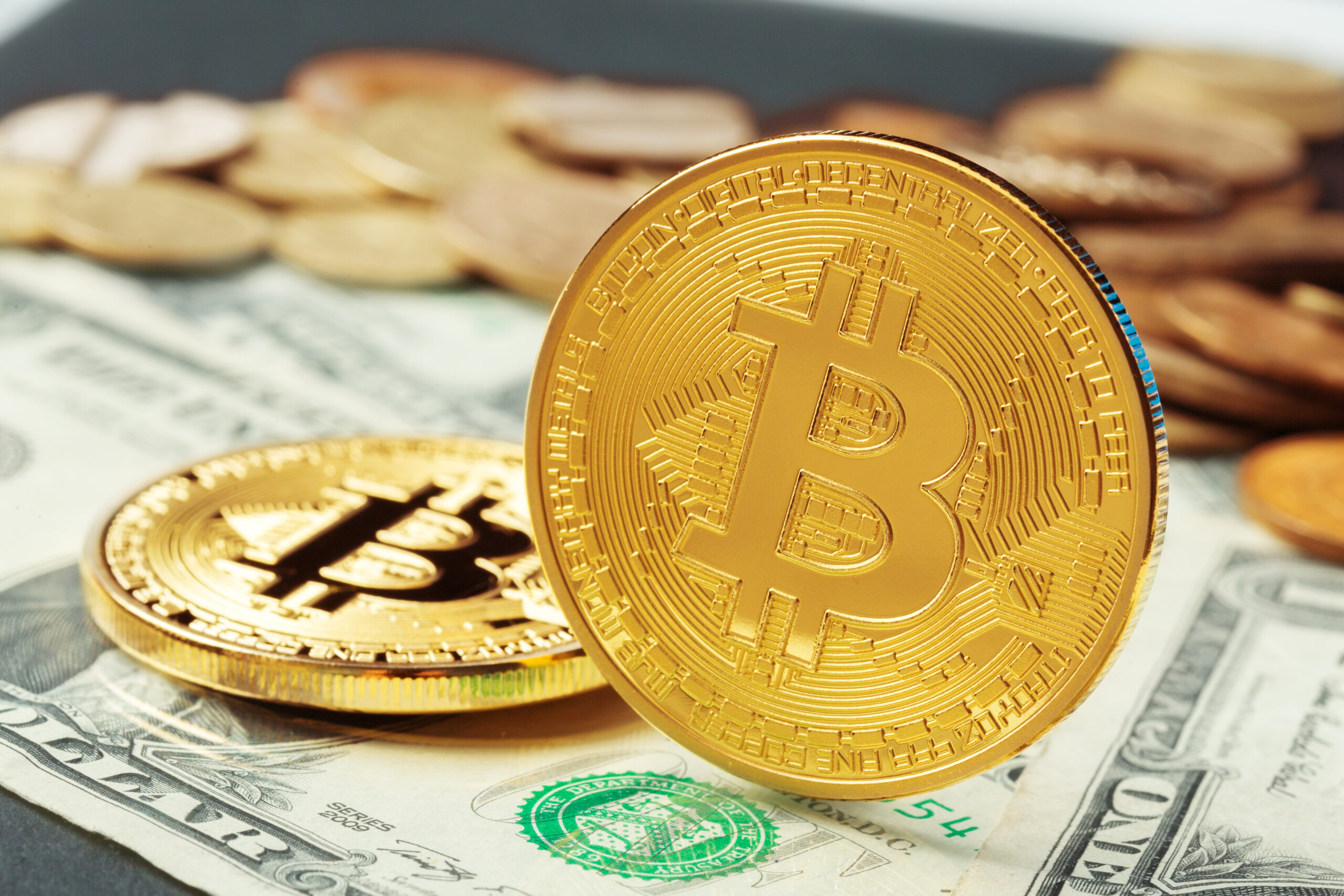Stablecoin-as-a-Service (SCaaS) provider Stably has launched #USD – a world-first stablecoin on the Bitcoin Network.
Stably, a Seattle-based fintech firm that provides fiat on/off-ramp infrastructure for Web3 projects, officially announced the launch yesterday.
“Stably is thrilled to announce that we have launched the world’s first US Dollar #stablecoin on the #Bitcoin network. Introducing #USD, a groundbreaking #BRC20 token implemented through the Bitcoin #Ordinals Protocol
“#USD is backed and redeemable 1-to-1 for USD collateral managed by our regulated custodian for the benefit of KYC/AML-verified token holders. Monthly attestations are conducted by a third-party attestor to ensure the collateral is always 1-to-1 with the number of circulating stablecoins.”
Kory Hoang, Stably’s CEO and co-founder, said: “When I met Domo, the creator of the BRC20 standard, at the Bitcoin 2023 conference in Miami, I told him about our upcoming plans for #USD. He thought it was great and funny how we are creating a stablecoin on Bitcoin to enable Bitcoin trading on-chain… With a stablecoin built on Bitcoin. I’m still chuckling about it to this day, actually. In just one week after that, however, we made it happen!”
The integration of BRC20 #USD into the Bitcoin network is part of Stably’s mission to “power the next billion Web3 users with a seamless fiat-to-crypto and stablecoin onramp to all popular and emerging blockchain networks”.
It added: “Stay tuned for an exciting announcement coming soon between @Stably_Official and @unisat_wallet, the world’s largest decentralized wallet/marketplace for Ordinals.”
Bitcoin stablecoin
According to Stably, #USD can be issued/redeemed with Fedwire, SWIFT, USDC, and USDT by KYC-verified users across more than countries/regions currently, and roughly 44 US states.
For the #USD initial launch, Stably is employing a manual process of issuance/redemption, but plans to release support for automatic issuance/redemption through its Stably Ramp widget later this year. Users of #USD will then be able to on/off-ramp with more traditional pay methods like ACH, instant ACH, and credit cards, and bank transfers.


